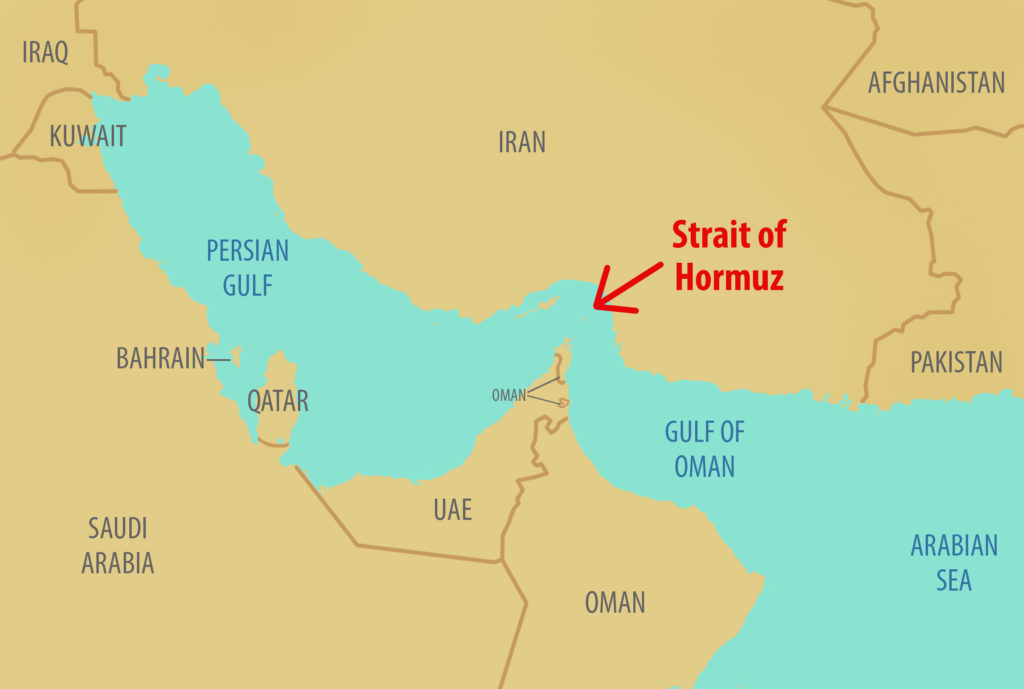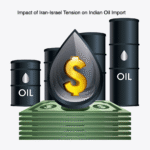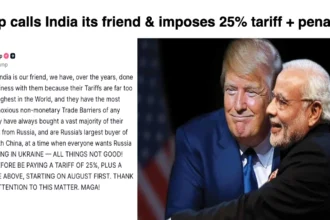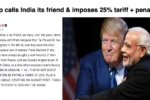Iran’s parliament approving the closure of the Strait of Hormuz following recent U.S. strikes on its nuclear facilities:
🚦 What Just Happened
- Parliament Approval: On June 22, 2025, Iran’s parliament passed a resolution to close the Strait of Hormuz in retaliation to U.S. attacks on its nuclear sites, including Fordow, Natanz, and Isfahan.
- Final Decision Pending: The resolution now awaits final authorization from Iran’s Supreme National Security Council and Supreme Leader Ayatollah Khamenei.
🌐 Strategic Implications
- Global Oil Disruption: The Strait is a choke point for roughly 20–30% of global oil shipments. A shutdown would likely spike oil prices, possibly pushing them above $150/barrel, and ripple through global trade.
- Economic Self-Harm: Experts label such a move as “economic suicide” for Iran itself and warn it could provoke military action by the U.S. and allies, including naval intervention.
- Tactical Play, Not Full Blockade: Analysts believe Iran may rather employ naval mines, drone strikes, missile threats, and cyber tactics to disrupt — instead of an outright full blockade.

🛡️ International Response
- U.S. Stance: Secretary Rubio urged China to dissuade Tehran, warning of dire consequences and maintaining that military options remain on the table.
- Allied Watchfulness: The U.S. Fifth Fleet and allied navies are patrolling the Strait, ready to “take action and re-open it” if Iran attempts to enforce closure.
- Global Concern: European countries, India, and China are voicing alarm over the possibility of an economic shock, calling for restraint and diplomatic resolution.
🔭 What to Watch Next
- Supreme Leader’s Verdict: Khamenei’s decision via the National Security Council is crucial. Any actual closure would unfold rapidly.
- Tactical Moves: Look for evidence of mines, drone activity, missile tests in the Strait region.
- Oil Price Spike: A sharp rise in crude costs, shipping insurance premiums, or global fuel shortages would signal mounting tension.
📌 Summary:
Iran’s parliament has authorized — but not yet executed — the closure of the Strait of Hormuz in response to U.S. strikes. The move, while largely symbolic at this stage, carries the potential for serious global economic and security repercussions if fully implemented. The world is watching to see whether Tehran escalates tactically — or stands down before further backlash.










